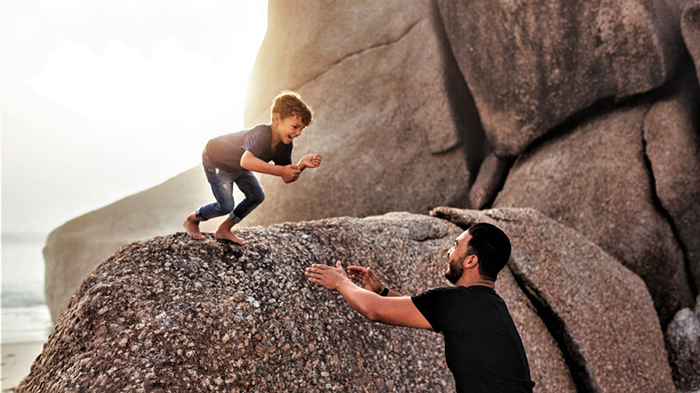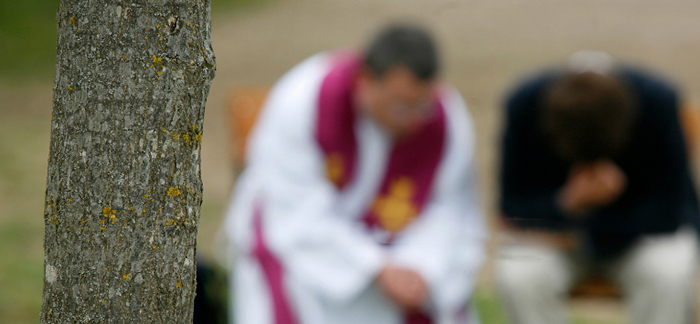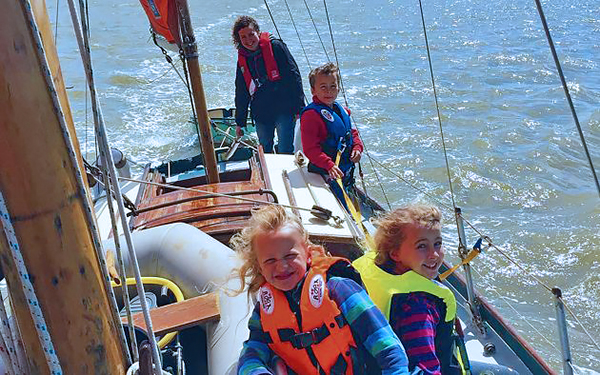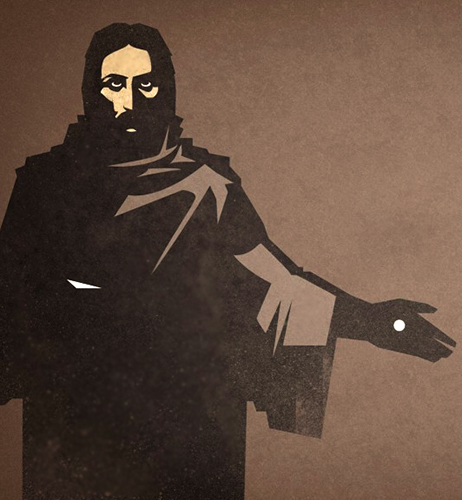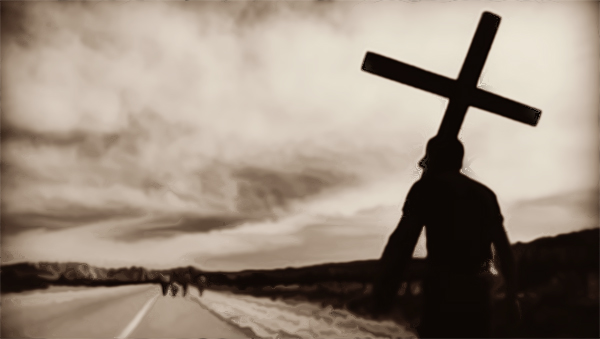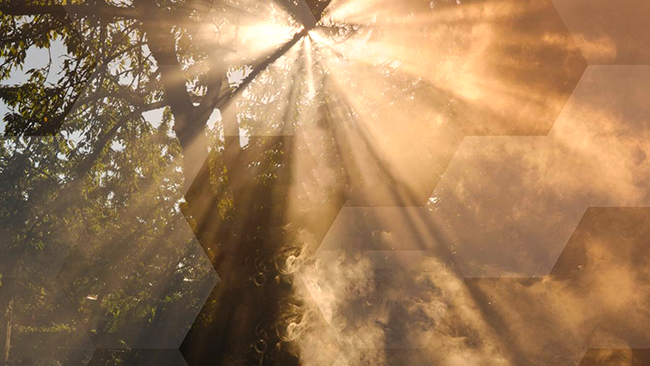
“There’s so much evil in the world, and so many people are suffering from other people’s sins that there must be retribution, some justice. Don’t tell me that the people who are doing these things – from molesting children to ignoring all morality – are going to be in heaven when we get there! What would that say about God’s justice?” How would you answer this person’s question on God’s justice? Many of us today, conservatives and liberals alike, have a need to see punishment befall the wicked. It is not enough that eventually, the good should have its day that we should be rewarded. No, the bad must also be punished. Liberals and conservatives might disagree on what constitutes sin and wickedness, but they tend to agree that it must be punished. Fr. Rolheiser writes that this desire for justice is not always healthy and, in a way, speaks volumes about a certain frustration and bitterness within our own lives. All that worry that somebody might be getting away with something and all that anxiety that God might not be an exacting judge suggest that we, like the older brother of the prodigal son, might be doing a lot of things right but are missing something important inside of ourselves. We are dutiful and moral but bitter underneath and are unable to enter the circle of celebration and the dance. Everything about us is right, except for the lack of real warmth in our hearts. Alice Miller, the famous Swiss psychologist, suggests that the primary spiritual task of the second half of life is dealing with this. We need to grieve, she says, or the bitterness and anger that come from our wounds, disappointments, bad choices, and broken dreams will overwhelm us with the sense of life’s unfairness. Our problem is more that we have never really heard in our hearts the gentle words that the Father spoke to the older brother: “My child, you have always been with me, and all I have is yours, but we, you and I, need to be happy and dance because your younger brother was dead and has come back to life!” In the end, it’s all about our ability to see through the lens of the “other.”

